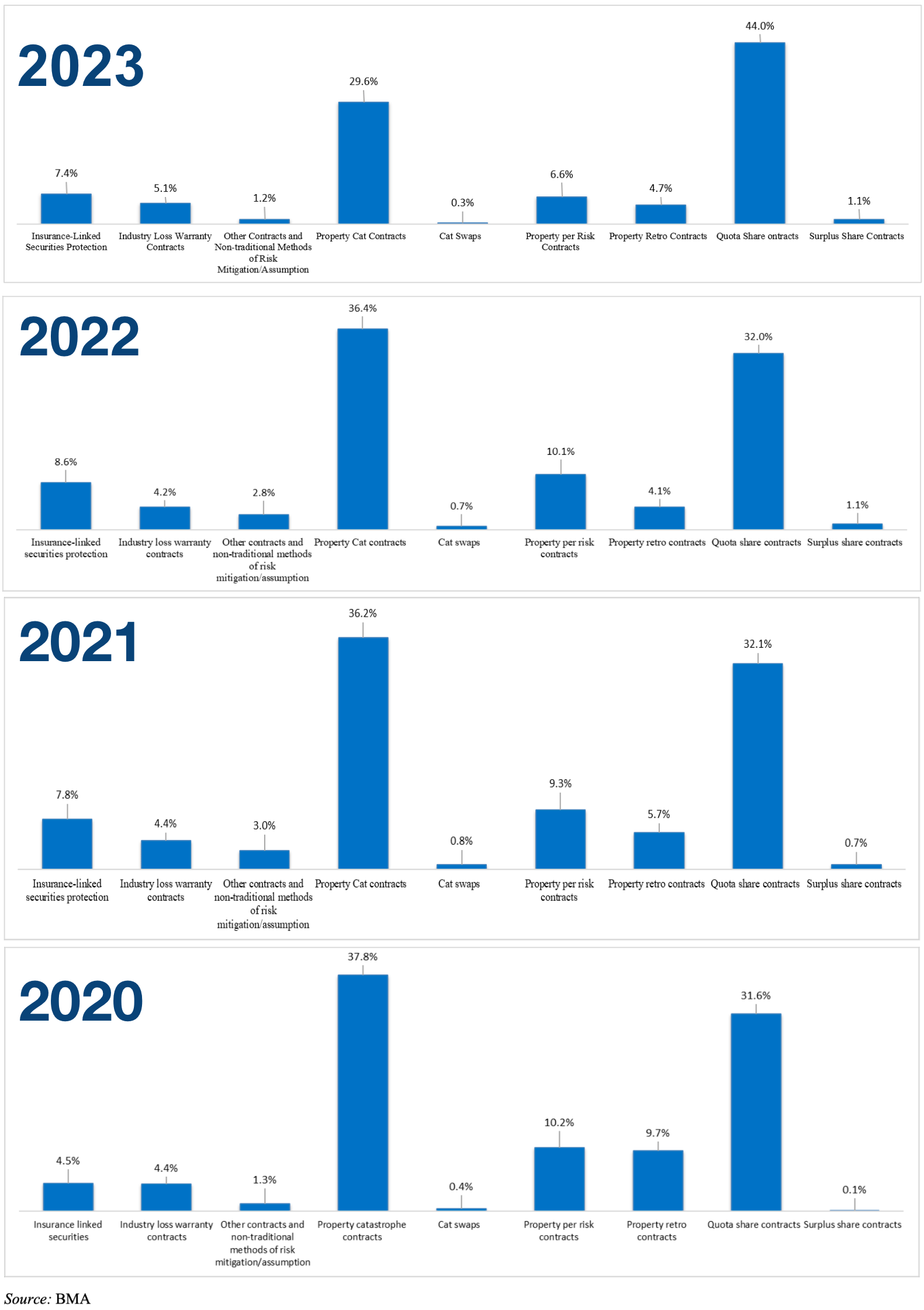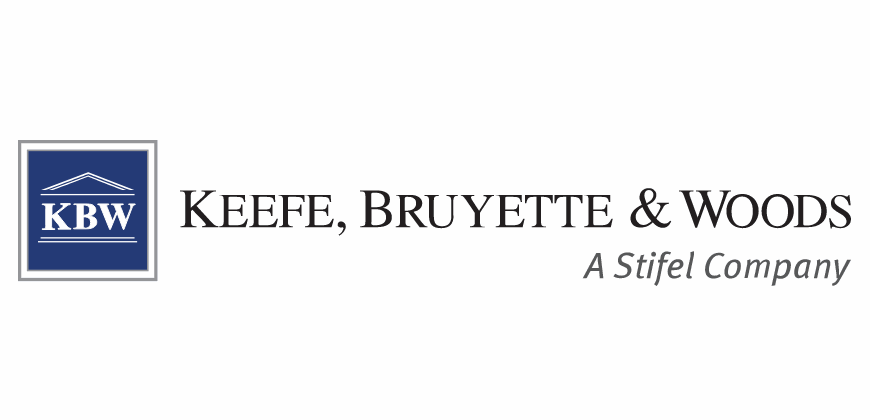At the upcoming January 2025 reinsurance renewals, Munich Re is anticipating a relatively flat rate environment for property catastrophe contracts, but with conversations expected in loss affected areas such as the US and Europe, its CFO explained today.
 Speaking after the reinsurance giant reported its third-quarter results, Munich Re’s CFO Christoph Jurecka also explained why the company is anticipating a lower loss impact from more recent Q4 event hurricane Milton, than it has experienced for hurricane Helene.
Speaking after the reinsurance giant reported its third-quarter results, Munich Re’s CFO Christoph Jurecka also explained why the company is anticipating a lower loss impact from more recent Q4 event hurricane Milton, than it has experienced for hurricane Helene.
Despite the relatively heavy catastrophe loss burden in the third-quarter, Munich Re itself reported above-average natural catastrophe losses of €1.4 billion for Q3, up from €535 million last year, Jurecka does not expect the market to harden across the board.
Jurecka said during an earnings call today, “Looking at the cat events, obviously, the discussion is always a different one in areas which have been affected by cat events and therefore, I think for 1/1 renewals, which is also a very relevant and important date, for example, in Europe, the European floods will 100% be part of the conversation the reinsurance industry will have with their clients.”
He went on to say that, “Similarly, when it comes to the next US renewals, the hurricane events as we see them, and we saw them this year, and the season is over, but there’s still activity, so this will also be part of the conversation.”
Across the market, Jurecka said that Munich Re would expect “prices to be on a plateau” at the January renewal season.
Discussing the specific hurricane losses that have occurred, hurricane Helene was Munich Re’s largest loss event of the third-quarter, at €500 million, while Canadian catastrophe losses drove a similar combined loss quantum.
But for more recent hurricane Milton, which made landfall in Florida in October so is a Q4 event, Jurecka expects that while Munich Re’s losses will be significant, they are projected to be lower than experienced with Helene.
A key reason is the location affected and the fact that, with hurricane Helene, roughly 50% of Munich Re’s losses came through its Global Specialty Insurance arm.
“Therefore, the difference between Helene and Milton is so significant, because for Milton, we would expect the GSI claims to be significantly lower, very much significantly lower than what we have for Helene,” Jurecka said.
Moving on to discuss Munich Re’s own appetite for property catastrophe risk, Jurecka said that currently the company is “comfortable” with its exposure.
“This is an attractive environment to be in the cat space. But as soon as the market would turn significantly, obviously, we would be willing to give up also significant portions of that book,” he explained.
He pointed to climate change as a driver of higher volatility, frequency and ultimately losses, saying, “Obviously prices will have to follow, not only on the reinsurance side, but also on the primary insurance side. Otherwise, the entire industry would not be able to cover risks out of those perils.”
Adding, “Currently, we expect prices to be on the plateau level globally, but in areas where you have particularly high losses, it will be very much part of the conversation when it comes to the renewals. But all in all, due to that mechanism, and looking at our long-term profitability in cat business, we very much feel comfortable, by the way, not only in reinsurance but in GSI.”



















 English (US) ·
English (US) ·